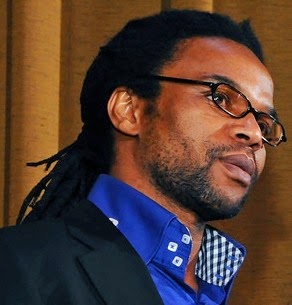Cossa, J. (2023). ‘uMuntu nguMuntu ngaBantu’: Toward an Equitably Infused Global Epistemological Orientation and Global (Philosophy of) Education, Bandung, 10(1), 33-52. doi: https://doi.org/10.1163/21983534-10010004
Abstract
The core question in this article is whether, or not, uBuntu and Humanism can simultaneously inform a pursuit of an equitably infused global epistemological orientation and, consequently, an equitably infused global (philosophy of) education. I argue that uBuntu and Humanism are not compatible at the very core of their ontological, axiological, and epistemological nature, and thus, might present an epistemological challenge to any attempt to develop an equitably infused global epistemological orientation and an equitably infused global (philosophy of) education. Moreover, I assume the broad etymological definition of philosophy as the ‘love of wisdom’ and that wisdom is a manifestation in uBuntu world, and consequently the love of such, and the resulting need to inquire into the compatibility, while recognizing potential incommensurability, between how wisdom is thought of by Western humanist-derived epistemologies and by uBuntu-derived epistemologies. At the center of the analysis is the nature of ‘human’ or ‘person’ since both Humanism and uBuntu are intrinsically bound to conceptualizations of personhood. Framed within the historical backdrop of the European Renaissance and the African Renaissance, the article comprises a critical historical outlook and analysis of primary and secondary sources of discourses on Humanism and uBuntu. Primary focus is on works of so-called classical thinkers such as Heidegger, Husserl, Cheikh Anta Diop, René Descartes, Frederick Nietzsche, Julius Nyerere, and John Mbiti. The key aim is to challenge scholars to work toward the equitable infusion of epistemologies inherent in these two terms, instead of continuing to see these terms as interchangeable, which essentially authenticates and perpetuates the imposition of humanism on non-humanist contexts. The African Renaissance might be the adequate space for such equitable placement of uBuntu as a source of global epistemologies alongside those emanating from Humanism.
